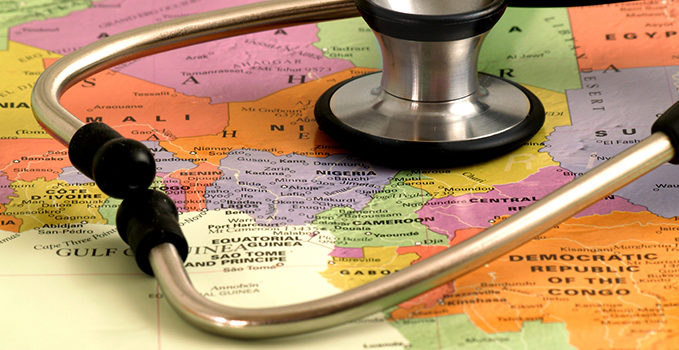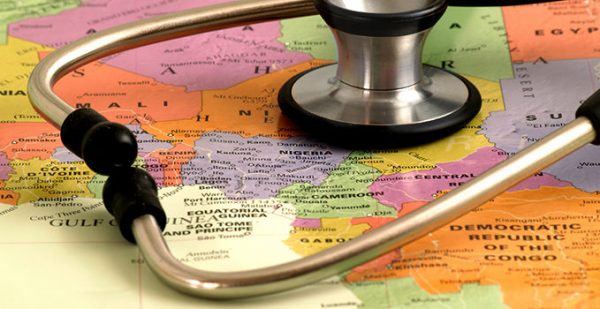Travelling can be an exciting and rewarding experience. Whether you’re exploring new cultures, visiting friends and family, or going on a business trip, it’s important to take health precautions. Various health risks can arise when travelling, but by taking a few precautions, you can minimize these risks and enjoy your trip safely. This article will guide you through the essential health precautions to take when travelling.
Read more about Travel
Before You Travel
-
Research Your Destination
Before you go, learn about your destination’s health risks. Some areas may have outbreaks of diseases like malaria, dengue fever, or cholera. Check the Centers for Disease Control and Prevention (CDC) or World Health Organization (WHO) websites for up-to-date information on health precautions and necessary vaccinations.
-
Get Vaccinated
Vaccinations protect you from diseases that may be common in your destination. Common travel vaccines include those for hepatitis A and B, typhoid, yellow fever, and rabies. Make sure your routine vaccines, like those for measles, mumps, and influenza, are also up to date. Visit a healthcare provider at least 4-6 weeks before your trip to discuss and receive the necessary vaccines.
-
Pack a Health Kit
Bring a travel health kit with essential items such as:
- Prescription medications
- Over-the-counter medicines (for pain relief, allergies, stomach issues)
- First aid supplies (bandages, antiseptic wipes)
- Hand sanitiser and disinfectant wipes
- Sunscreen and insect repellent
- A thermometer
Having these items on hand can help you manage minor health issues while travelling.
During Your Travel
-
Stay Hydrated
Drink plenty of water to stay hydrated, especially when flying or travelling to hot climates. Dehydration can lead to headaches, fatigue, and other health problems. Always carry a water bottle with you and drink regularly.
-
Eat Safe Foods
Be cautious with what you eat to avoid foodborne illnesses. Here are some tips:
- Eat food that is cooked and served hot.
- Avoid raw or undercooked meat and seafood.
- Eat fruits and vegetables that you can peel yourself, such as bananas and oranges.
- Avoid street food if you are unsure about its hygiene.
- Drink bottled or boiled water. Avoid ice made from tap water.
Sign up for the Connect Nigeria daily newsletter
-
Practice Good Hygiene
Maintaining good hygiene is crucial to avoid illnesses:
- Wash your hands frequently with soap and water, especially before eating and after using the bathroom.
- Use hand sanitiser when soap and water are not available.
- Avoid touching your face, particularly your eyes, nose, and mouth.
-
Protect Yourself from Insects
Insects can transmit diseases such as malaria, dengue, and Zika. To protect yourself:
- Use insect repellent or other effective ingredients.
- Wear long sleeves, long pants, and hats to cover exposed skin.
- Sleep under a mosquito net if you are staying in areas where insect-borne diseases are common.
-
Get Enough Rest
Travelling can be tiring, and exhaustion can weaken your immune system. Make sure you get enough sleep to stay healthy. Try to stick to a regular sleep schedule, even when crossing time zones. If you have trouble sleeping, consider using earplugs or an eye mask.
After You Return
-
Monitor Your Health
After returning from your trip, monitor your health for any signs of illness. Symptoms like fever, cough, diarrhoea, or rash could indicate a travel-related illness. If you experience any unusual symptoms, contact a healthcare provider immediately.
-
Complete Any Follow-Up Vaccinations
Some travel vaccinations require follow-up doses after returning home. Make sure you complete any additional doses as recommended by your healthcare provider.
Register to attend the CN Business Mixer
Final Thoughts
Taking health precautions while travelling is essential to ensure a safe and enjoyable trip. By researching your destination, getting vaccinated, packing a health kit, staying hydrated, eating safe foods, practising good hygiene, protecting yourself from insects and getting enough rest, you can minimize health risks and focus on enjoying your journey. Remember to monitor your health after returning and seek medical advice if necessary. Safe travels!
Featured Image Source: Journal of Urgent Care Medicine
Got a suggestion? Contact us: [email protected]


